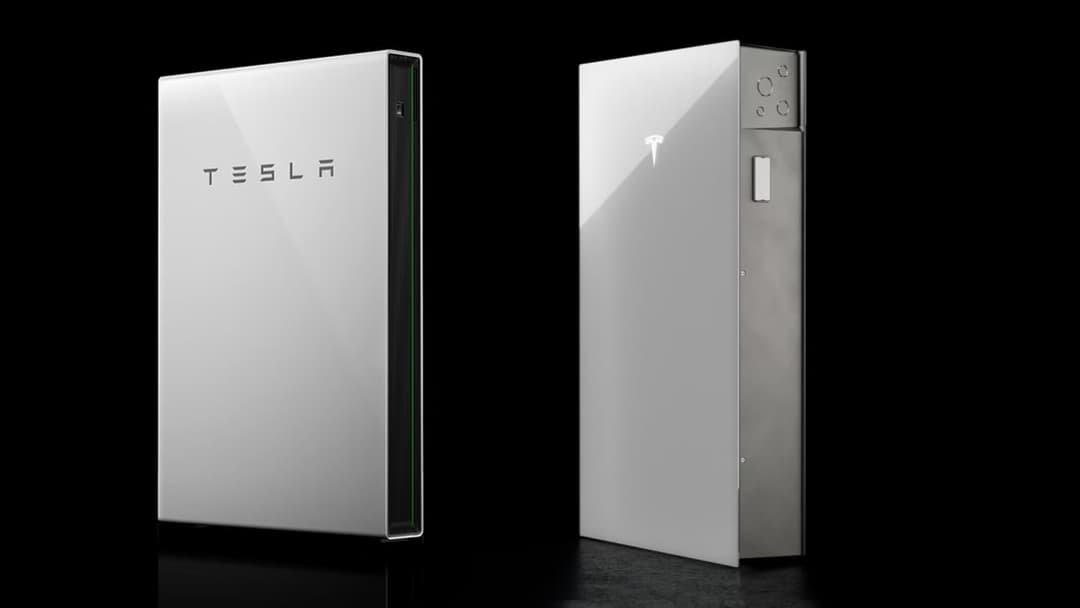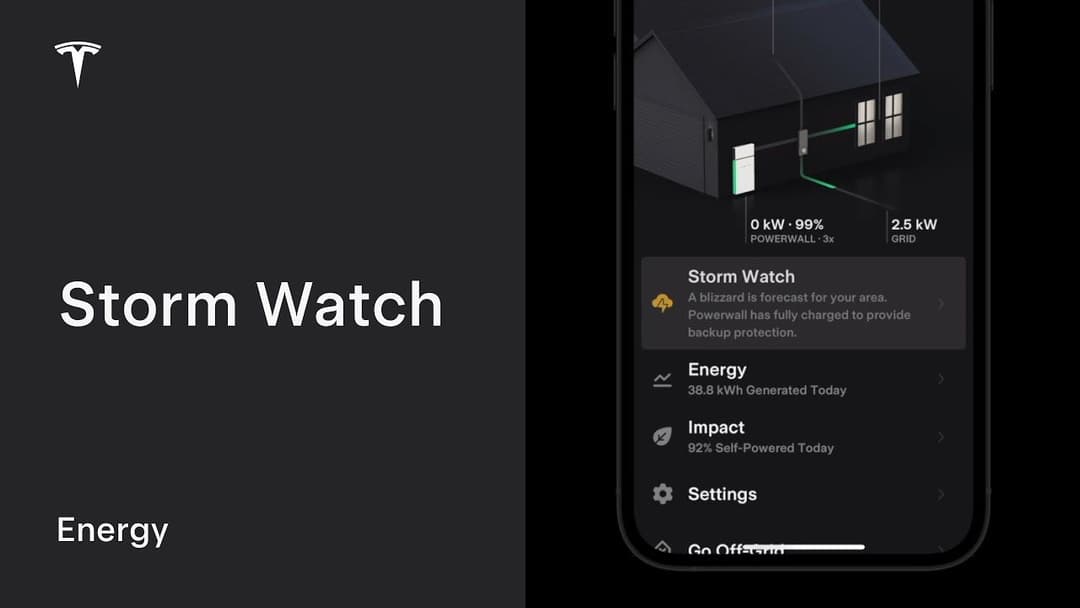
The Tesla Powerwall 3 is now available in Australia following its launch in Sydney on Friday. The Tesla Powerwall 3 price is $11,900 which includes the 13.5kWh battery and integrated inverter. Customers however will also need to purchase the $1,700 Backup Gateway 2, described by Tesla as the battery’s “brains.” This brings the total hardware costs to $13,600 before installation.
Total installed cost of the Tesla Powerwall 3 is expected to be ~$15,000 based on average installation costs. While this is a slightly premium to the Tesla Powerwall 2, the Powerwall 3 includes more features and increased power output. Read on to find out more.

What's Different Between a Tesla Powerwall 2 and 3?
The Powerwall 3 features a host of upgrades compared to its predecessor, the most significant being an integrated solar inverter. This means it can be directly connected to solar PV panels (up yo 20 kW) without the need for an additional inverter, making it ideal for a new home energy system setup. Tesla has advised that the Powerwall 3 can support AC coupling for those wishing to add the Powerwall 3 to an existing solar PV setup albeit it will render the existing solar inverter redundant. Other key advantages the Powerwall 3 features include:
- Employ the safer and longer-lasting lithium iron phosphate (LFP) battery chemistry.
- Maximum continuous output of 11.4kW, meaning a greater ability to power most household appliances during blackouts.
The below table outlines the key technical specifications of the Powerwall 2 and Powerwall 3.
| Powerwall 2 | Powerwall 3 | |
| Nominal Battery Energy | 13.5 kWh | 13.5 kWh |
| Maximum Continuous Discharge Power | 5 kW | 11.5 kW |
| Maximum Continuous Charge Power | 5 kW | 5 kW |
| Maximum Continuous Current | 32 A | 48 A |
One noticeable downside of the Powerwall 3 is that it cannot be added to an existing Powerwall 2 system.
Tesla confirmed however that "Power 3 Expansions" is coming in 2025, offering a seamless way to increase a Powerwall 3's backup capacity without additional equipment or approvals. These expansion units, basically a Powerwall 3 battery without the power electronics, will resemble the Powerwall 3 but have a slimmer profile, allowing for side-by-side or stacked installation. Up to 4 Powerwall 3's can be stacked together for a combined storage capacity of 54 kWh. This will provide the Powerwall 3 system to be much more useful in a black-out or off-grid scenario where a standalone Powerwall 3 would only have enough energy capacity (13.5 kWh) to power an average household (21kWh) for half a day.

Tesla Powerwall 3 Key Features
Powerwall 3 owners can optimise their energy usage through the Tesla app. By activating self-consumption mode, homeowners can reduce reliance on the grid and increase their property's sustainability. For those on time-of-use electricity plans, Time-Based Control mode discharges the battery to maximise savings.
Additionally, by participating in a virtual power plant, Tesla claims Australian households can achieve up to 77% annual electricity bill reductions. The app's Storm Watch feature offers added peace of mind by automatically charging the Powerwall 3 to full capacity in anticipation of power outages.
Tesla Powerwall 3 Warranty
Powerwall 3 is covered by the same warranty as the Powerwall 2 - 70% at 10 years.
About the author
Stay up to date with the latest EV news
- Get the latest news and update
- New EV model releases
- Get money savings-deal

